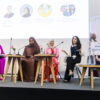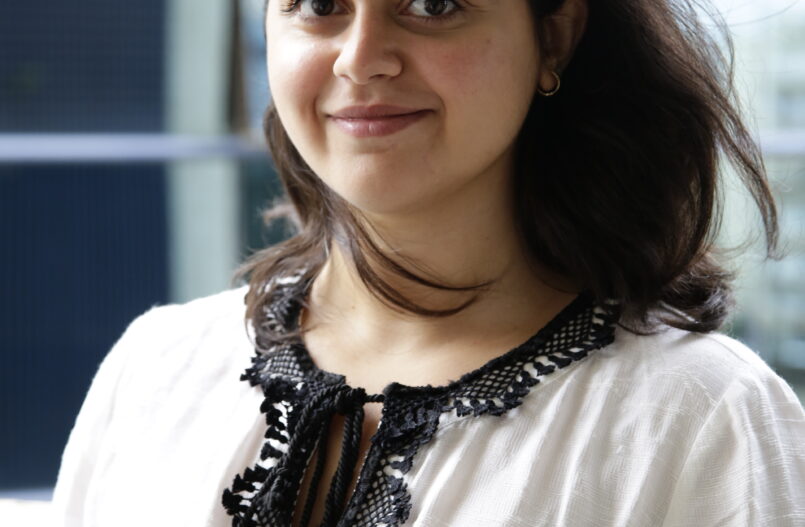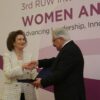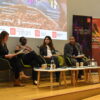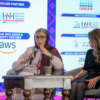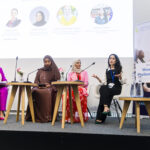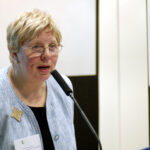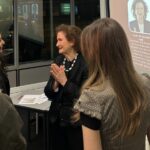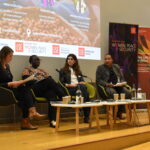With thanks to Tamara Bou Chahine
“You can’t build a peaceful world on empty stomachs and human misery,” wrote Dr Norman Borlaug, father of the green revolution. These powerful words resonated with me when I was an undergraduate student at the American University of Beirut and were crucial in shaping my interest in food production and food security. Moreover, my intrinsic drive to contribute to the advancement of human rights and the United Nation’ Sustainable Development Goals as well as the opportunities I had to work with civic society and with AIWF Founder & Chairman, Haifa Al Kaylani, inevitably put me on the path to pursue a career in the food production industry. That is why, after graduating with a Bachelor of Science in Biology in 2018, I started my Master’s in Aquaculture as part of a European Erasmus Mundus program (IMBRSea).
How can we build a sustainable marine food production model that could benefit food and water insecure regions? That is the question I worked on finding solutions to as I embarked on my graduate journey. During my Masters, I met people from all around the world and travelled to several countries across Europe to learn, share, and understand the different challenges facing the food production industry as well as their various solutions. Most importantly, this experience made me more confident in that there are capable, passionate, and innovative young people who are determined to make the planet a better place. I am proud to say that despite the challenges brought forth this year, I successfully defended my thesis and graduated with great distinction at the end of August 2020.
I am currently participating in the Lebwox incubator for Lebanese women entrepreneurs where I am learning how to design a business startup that responds to the current needs of the MENA aquaculture industry. There is a huge untapped potential in aquaculture in the MENA region despite it being the fastest-growing food production industry in the world that is set to contribute the most to close the gap between supply and demand.
I am also interning at the Regional Office of the United Nations High Commissioner for Human Rights in the MENA region, which monitors, promotes, and protects all human rights including the mandate on the right to adequate food. I am grateful for the opportunity to work with the OHCHR-ROMENA in monitoring human rights advancement and violation in the region as I am learning and understanding the different climates and obstacles that countries are facing in the MENA Region.
Guaranteeing the right to adequate, available, accessible, and sustainable food is essential to move into a more evolved, peaceful, and fair world. Moreover, the right to food for everyone, which is rooted in the indivisibility and interdependence of all human rights, will not be accomplished until all human rights are protected and respected for everyone. There is a long way to go, but I am determined to promote the development and accomplishment of all human rights, and that of food in particular, throughout my professional career.

